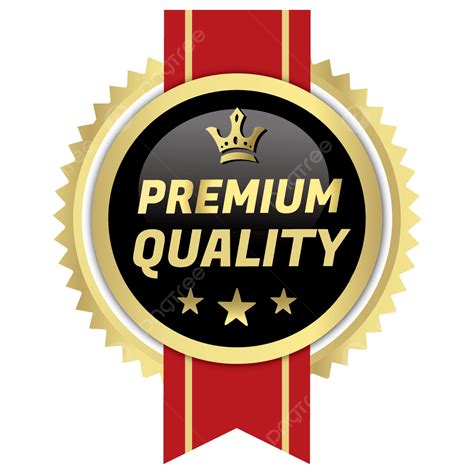Many drivers stand at the pump, eyeing the price difference between regular and premium fuel, wondering if shelling out extra cents per gallon will truly benefit their vehicle. The question isn’t just about cost; it’s about performance, engine longevity, and often, a misunderstanding of what premium fuel actually does.
Understanding Octane Ratings: What’s the Difference?
The primary difference between regular (typically 87 octane) and premium (91-93 octane) fuel is its octane rating. Octane is a measure of a fuel’s resistance to “knocking” or “pinging” – a phenomenon where the fuel-air mixture in an engine’s cylinder ignites prematurely before the spark plug fires. This uncontrolled combustion can lead to decreased engine efficiency and, over time, significant damage.
Higher octane fuel is more stable and less prone to spontaneous combustion under compression, making it suitable for engines designed for higher pressures.
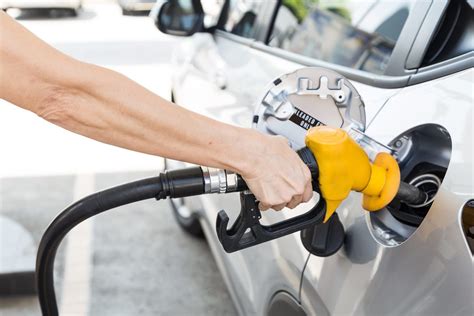
Does Your Car Require Premium Fuel? Check Your Owner’s Manual
The definitive answer to whether your car needs premium fuel lies in your vehicle’s owner’s manual. Manufacturers explicitly state the recommended fuel type. Cars that require premium fuel typically have high-compression engines, turbochargers, or superchargers. These design elements increase the pressure and temperature inside the combustion chambers, making a higher octane fuel necessary to prevent knocking.
Modern vehicles with sophisticated engine control units (ECUs) can often adjust ignition timing to compensate for lower octane fuel, even if premium is recommended. However, doing so may result in a slight reduction in power and fuel efficiency compared to using the recommended fuel.
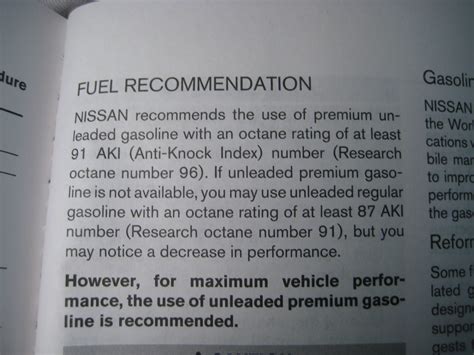
The Myth of Improved Performance and Cleaning Properties
A common misconception is that premium fuel offers better performance, increased horsepower, or superior cleaning agents for engines not designed for it. For a car that is recommended to run on regular 87 octane fuel, using premium 91 or 93 octane will provide absolutely no benefit. Your engine will not run cleaner, generate more power, or achieve better fuel economy. It’s simply burning money.
All gasoline, regardless of octane rating, contains detergents to prevent carbon buildup. The quality and type of these additives are regulated by the EPA and often further enhanced by Top Tier certification, which applies to both regular and premium grades from participating brands.
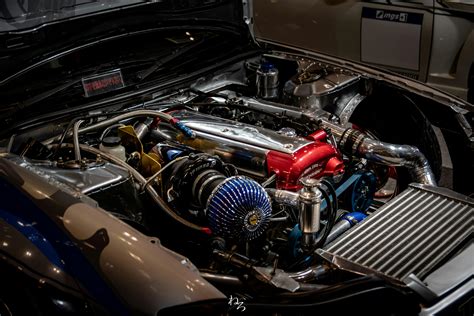
When Premium Fuel is Actually Worth It
Premium fuel is worth the extra cost in these specific scenarios:
- When your owner’s manual explicitly states “Premium Fuel REQUIRED”: Using a lower octane fuel can lead to engine knocking and long-term damage.
- When your owner’s manual states “Premium Fuel RECOMMENDED”: While your car can run on regular, you might experience a slight dip in performance or fuel economy as the ECU adjusts. For optimal performance and efficiency, sticking to the recommendation is best.
- If you hear knocking or pinging: In older cars or those with a specific issue, if you hear engine knocking even on the recommended fuel, a higher octane might temporarily alleviate it while you get the underlying problem diagnosed. This is a diagnostic step, not a permanent solution.
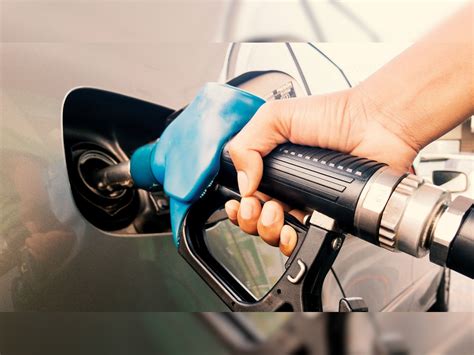
Conclusion: Fuel Your Car Wisely
For the vast majority of vehicles on the road, premium fuel is an unnecessary expense. The most important thing is to consult your vehicle’s owner’s manual and follow its recommendations. If your car is designed for regular unleaded, stick with it. You’ll save money without compromising your engine’s health or performance. Only pay the premium price if your car truly demands it for optimal operation.

